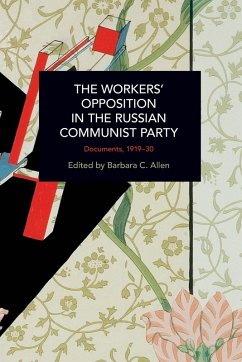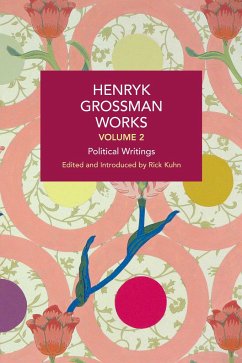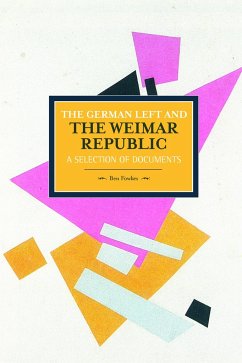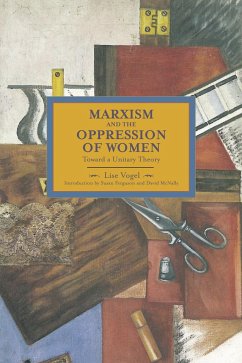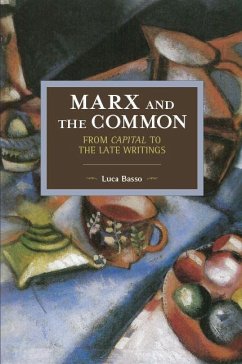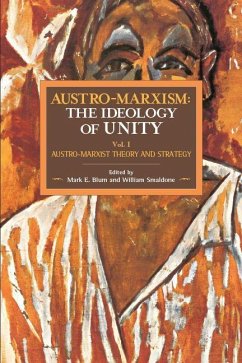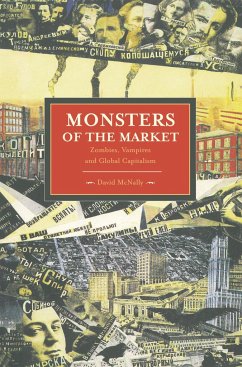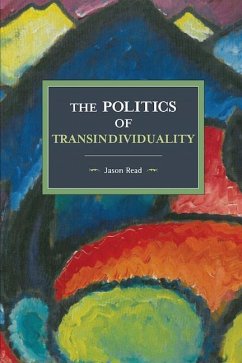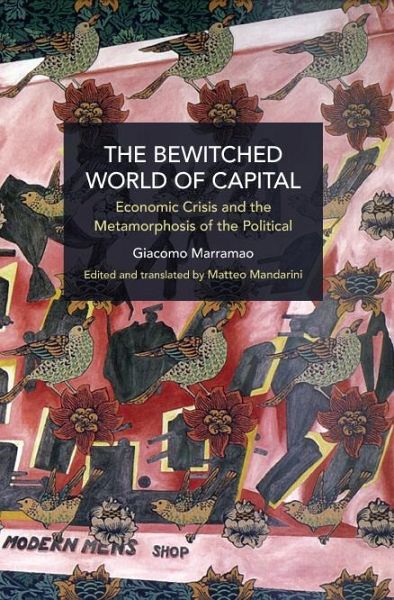
The Bewitched World of Capital
Economic Crisis and the Metamorphosis of the Political
Herausgeber: Mandarini, Matteo / Übersetzer: Mandarini, Matteo

PAYBACK Punkte
15 °P sammeln!
Capital is a chameleon that assumes different guises while maintaining the same logic, exploiting crisis as an opportunity for regeneration. Yet each transformation opens a passage for radical conflict and new revolutionary theories and subjects. This is particularly true of the critical passage from the 1920s to the 1930s, which Giacomo Marramao presents as an incandescent laboratory of theoretical and practical transformations and fierce confrontations. Moving from Austro-Marxism to Frankfurt School Critical Theory, from Hilferding to Grossmann, and Max Weber to Carl Schmitt, The Bewitched W...
Capital is a chameleon that assumes different guises while maintaining the same logic, exploiting crisis as an opportunity for regeneration. Yet each transformation opens a passage for radical conflict and new revolutionary theories and subjects. This is particularly true of the critical passage from the 1920s to the 1930s, which Giacomo Marramao presents as an incandescent laboratory of theoretical and practical transformations and fierce confrontations. Moving from Austro-Marxism to Frankfurt School Critical Theory, from Hilferding to Grossmann, and Max Weber to Carl Schmitt, The Bewitched World of Capital shows how 'the Political' was remade in the passage from free-market capitalism to mass society, throwing new light on forms of domination and conflict that also traverse our present.





